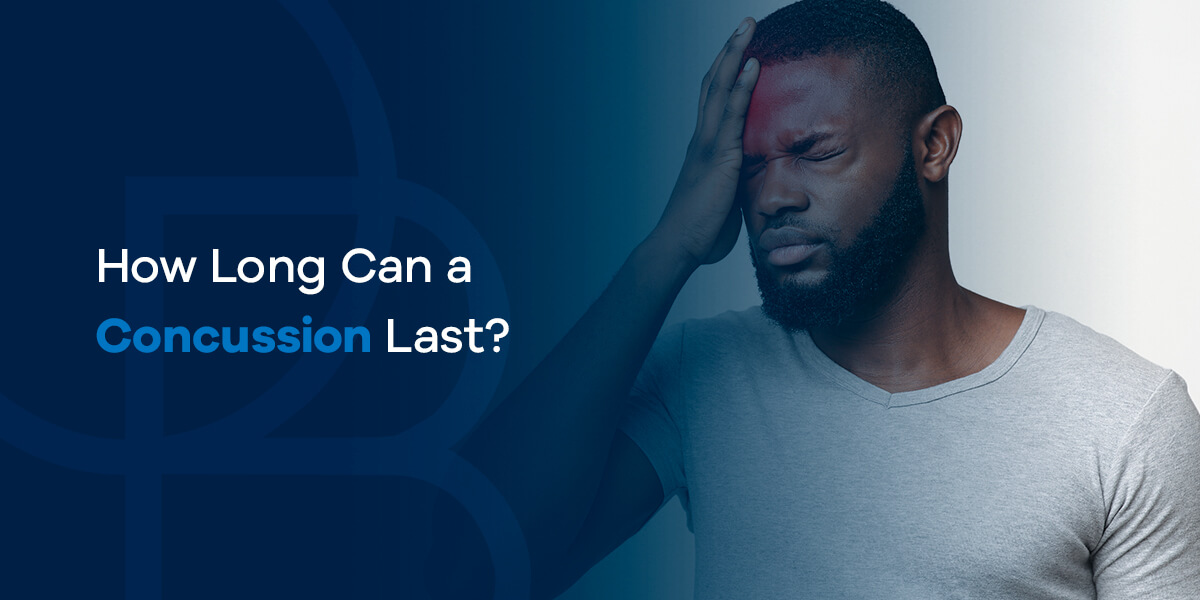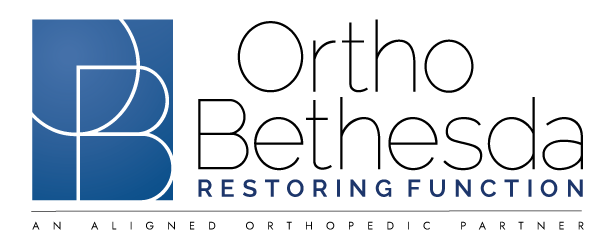
Say you take a blow to the head during a flag football game, then develop a headache and nausea — signs you know can indicate a concussion. You’re itching to get back out on the field but aren’t sure what to do or how long your concussion will last.
Before jumping back into the action, it’s wise to get a concussion test to determine the extent of the injury. Once you know what you’re dealing with, you can consider the factors that impact recovery time for a concussion.
Types of Concussions
Though they all stem from a blow to the head, concussions can manifest in different ways. Today, physicians who perform a concussion test and find evidence of this injury will classify it as one of five subtypes based on the symptoms present, which can include everything from well-known afflictions like headaches to cognitive issues like slowed reaction times or poor memory.
Concussion tests performed by a medical professional can distinguish between these subtypes. Each receives different treatment, so it’s important to talk to a doctor about a treatment plan and how long the effects of the concussion will last.
Most Common Recovery Times
On average, an adult can expect to return to normal activities in two weeks, while younger children return in an average of four weeks. For a concussed athlete to return to play, a licensed physician, physician assistant, nurse practitioner, psychologist or athletic trainer may be required to medically clear the individual according to state law.
Recovering from a concussion is a gradual process, completed over days or weeks and overseen by a healthcare provider. It’s important to remember that though the process is essentially the same, everyone will have different timelines. Before returning to play, there are six stages of concussion recovery that an athlete should follow:
- Back to regular activities: Return to activities such as school and receive clearance to return to play progression
- Light aerobics: Spend up to 10 minutes walking, taking light jogging intervals or riding an exercise bike
- Moderate activity: Brief running intervals and moderate jogging or light weightlifting (lower weight or time)
- Heavy, non-contact activity: Non-contact sports drills, typical weightlifting, hard biking, and running or sprinting
- Practice and full contact: Can return to a full-contact, controlled practice
- Competition: Resume competition as normal
Symptoms should be closely monitored after each day. Someone should only progress to the next step of concussion recovery when they experience no symptoms while active. If there are symptoms noted, the athlete should rest until symptoms subside, after which they can return to the previous step.
Concussion Do’s and Don’ts
If someone experiences a blow to the head, we recommend keeping an eye out for signs of a serious injury, particularly during the first 24 hours. Loss of consciousness, unusual behavior, vomiting, drowsiness and persistent headache are all concussion danger signs that merit contacting a doctor immediately.
As with any head injury, it’s essential to treat a concussion quickly and effectively. In many cases, making short-term changes can help individuals get back to their routine as soon as possible. Here are some do’s and don’ts for when dealing with a concussion:
Do
- Get plenty of rest
- Drink lots of water and eat healthfully
- Find relaxing activities
- Stay away from bright light
Don’t
- Lie about your symptoms
- Drink alcohol
- Play video games or watch TV
- Partake in strenuous physical activity
Concussion Treatment From OrthoBethesda
No matter how long your concussion lasts, it should be handled with the care and diligence you deserve. At OrthoBethesda, we offer a Concussion Management Program and other therapy services that will do just that. Led by our team of Certified Concussion Management Therapists, we can help you create the treatment that’s best for you. Call us today at (301) 804-1137 or contact our physical therapy team here!

